
Get free, instant access to GLS Podcast Episode Show Notes. Leverage episode summaries, key takeaways, reflection questions, resources mentioned, related links and applicable downloads, including Show Notes PDF and Episode Audio File (MP3).
DOWNLOADS:
SUMMARY:
In this episode of the GLS Podcast, Horst Schulze, CEO of Capella Hotel Group and former COO of The Ritz-Carlton, shares insights from his long career in customer service. At its very core, the best customer service is delivered when a business genuinely cares about its people. To build a culture that values great service, leaders must hire, orient and sustain the value of service on an ongoing basis.
KEY TAKEAWAYS:
- Horst Schulze realized the importance of customer service when, as a young hotel worker, he observed the excellence of the maître d’.
- Customer loyalty is built on trust. Trust is built by giving customers what they want.
- Customers want three things:
- Defect-free products
- Timeliness
- Caring – Caring is the most important. If there is caring, they will forgive a problem with the other two.
- For many businesses, service is the most important product.
- Horst Schulze’s process to ensure great customer service at the Capella Hotels:
- Hiring: We don’t hire people in our organization, we select people.
- Orientation: We orient people to our mission, why they are important to achieving the mission and to set “top box” expectations.
- Training: We train people on our processes and their specific functions.
- Sustaining: 24-point canon. We repeat one point every day to reinforce our values.
- Service is caring from the heart.
REFLECTION QUESTIONS:
- Think about your organization. On a scale of 1 to 10, how important is the level of quality customer service to your success
1=Quality Service is not important at all
10 = Quality Service is the most important thing to us - What do you do to gain insight into the quality of your customer service? Check all that apply.
- Surveys
- Interviews
- Focus Groups
- Social Media Monitoring
- Measuring Analytics
- Other: ______________
- We don’t really measure customer satisfaction.
- We measure but in a sporadic, non-systematic way.
- How confident are you that your method(s) of measuring customer satisfaction is giving you the data you need to make improvements?
- Reflecting on Horst Schulze’s message, what is the most important thing you could do this week to increase the quality of customer service across your organization?
RESOURCES MENTIONED:
GLS GrowthTrack: People-Process-Product
The Global Leadership Summit International

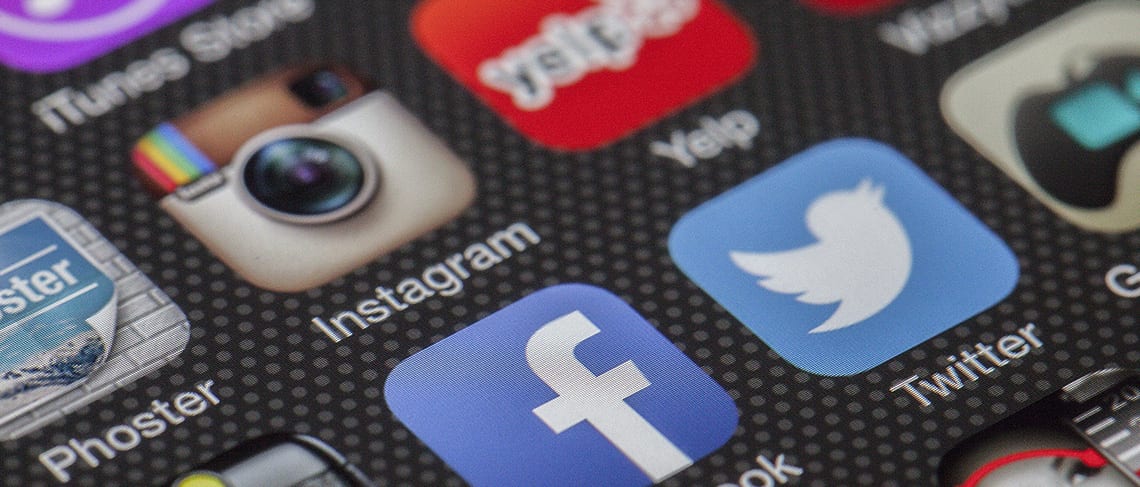
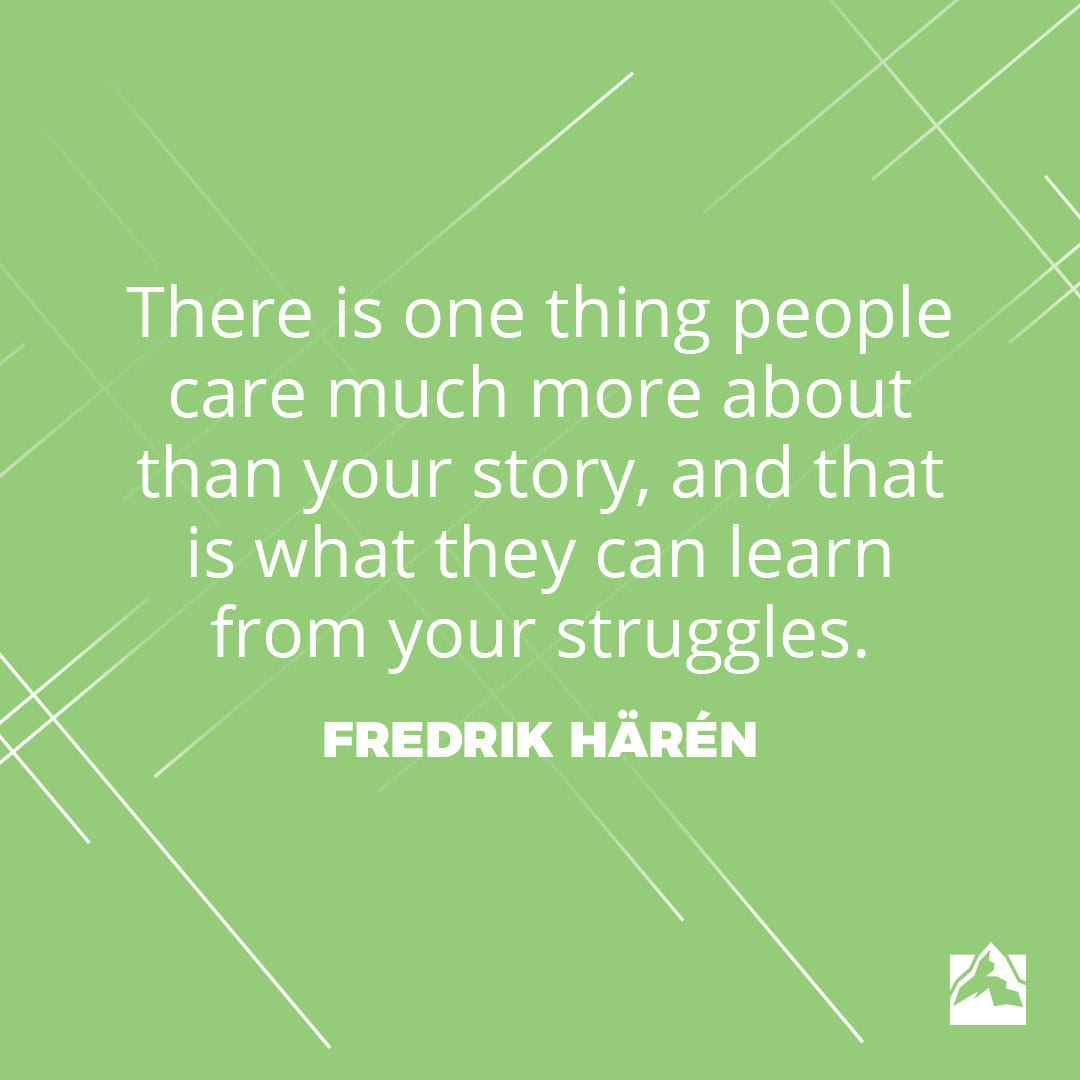
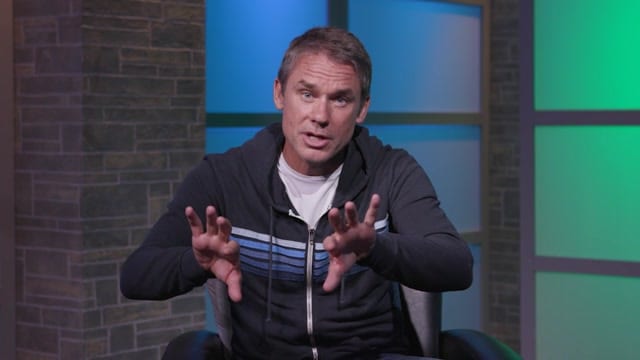


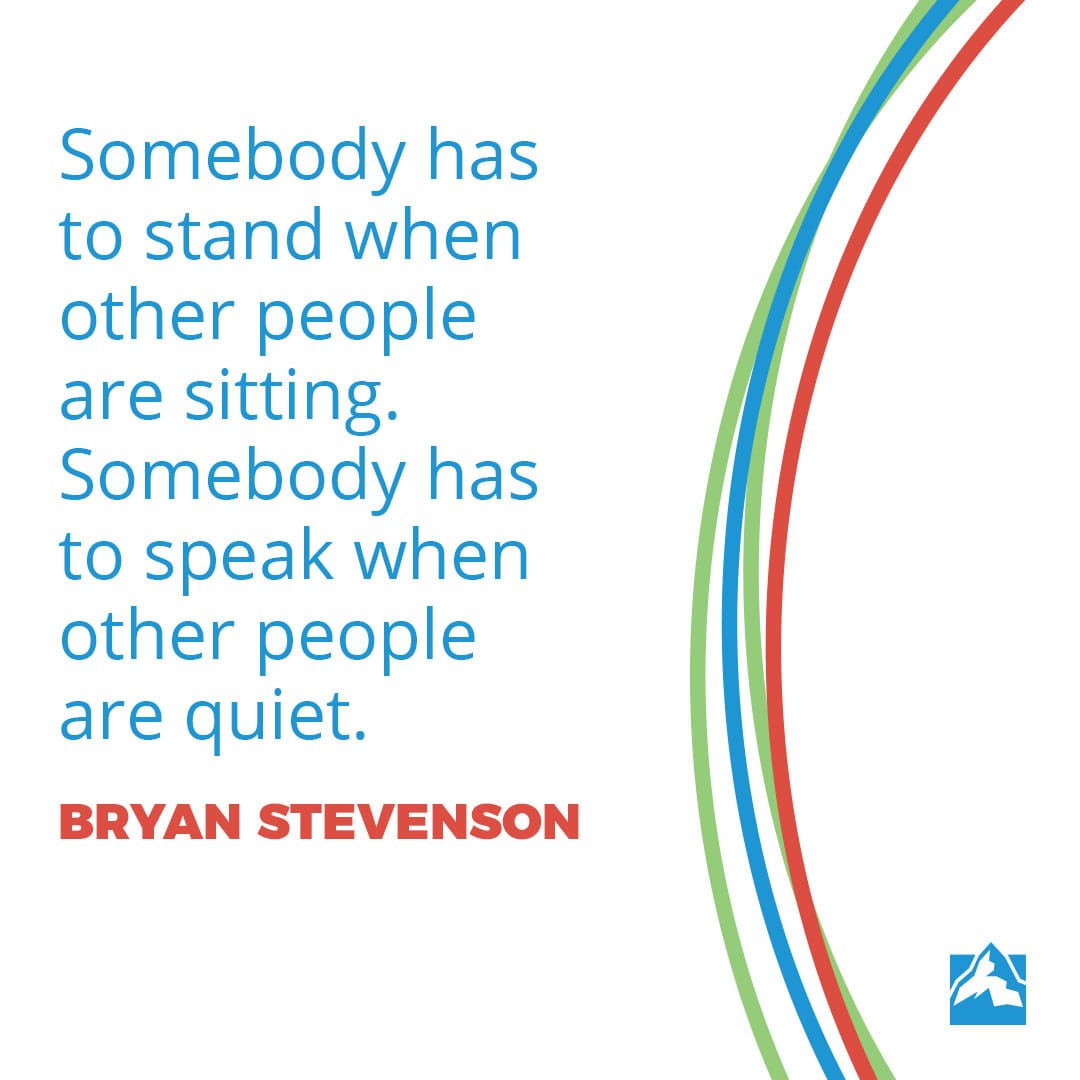

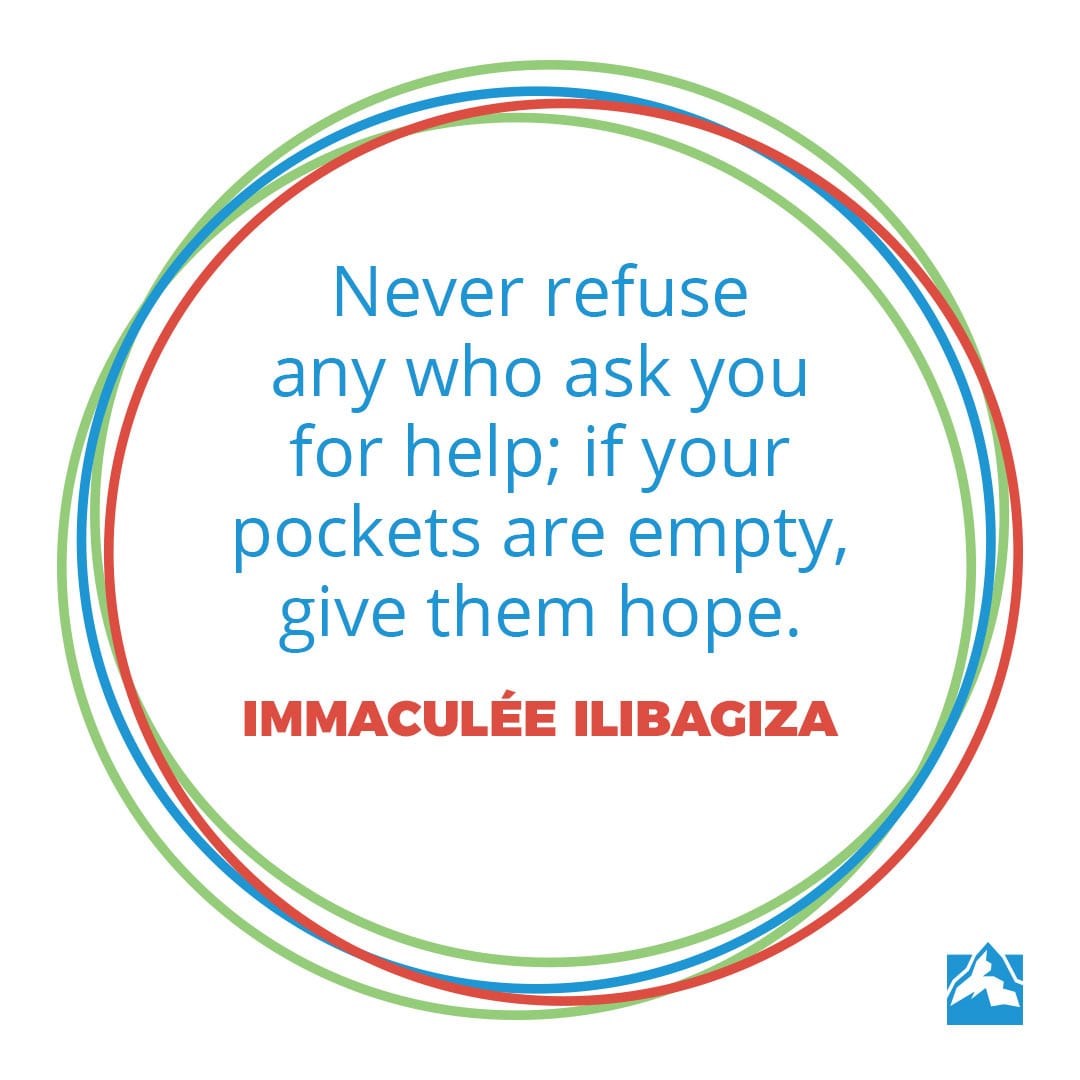
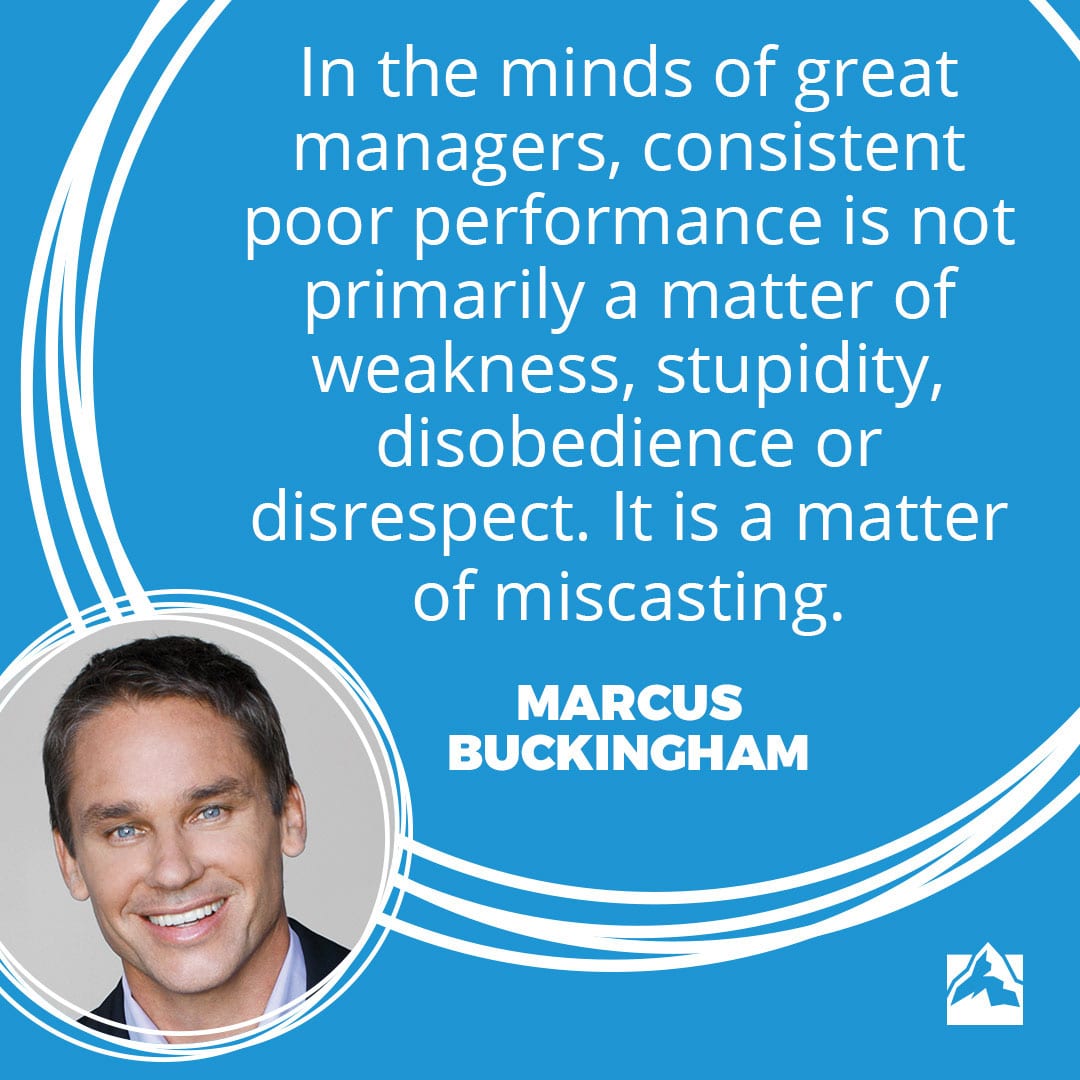

Recent Comments